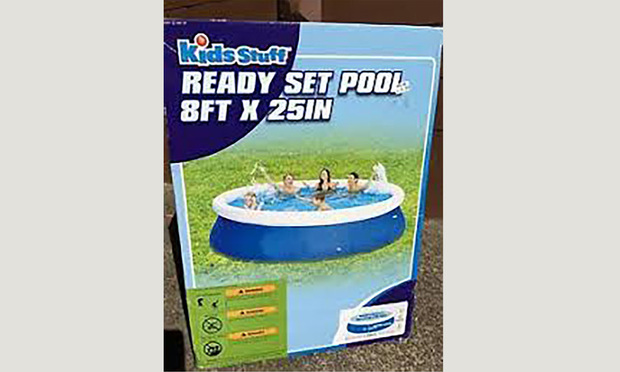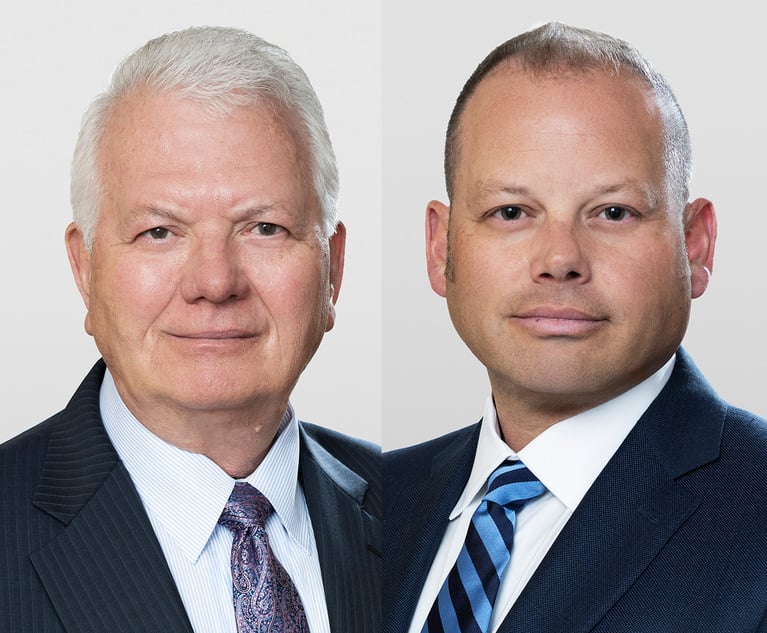In a groundbreaking ruling, The California Supreme Court decided that the state’s judges could certify class actions without requiring plaintiffs lawyers to outline how they would identify every member of the class.
Monday’s ruling, in a case involving an inflatable pool sold at Rite Aid, sets forth a more liberal definition in California of so-called ascertainability of class members—that is, to what extent plaintiffs attorneys must identify specific class members. The subject has received increased attention in the class action bar as more lawyers file cases over cheap goods for which consumers have no receipts or other records of their purchases.
This content has been archived. It is available through our partners, LexisNexis® and Bloomberg Law.
To view this content, please continue to their sites.
Not a Lexis Subscriber?
Subscribe Now
Not a Bloomberg Law Subscriber?
Subscribe Now
LexisNexis® and Bloomberg Law are third party online distributors of the broad collection of current and archived versions of ALM's legal news publications. LexisNexis® and Bloomberg Law customers are able to access and use ALM's content, including content from the National Law Journal, The American Lawyer, Legaltech News, The New York Law Journal, and Corporate Counsel, as well as other sources of legal information.
For questions call 1-877-256-2472 or contact us at [email protected]








